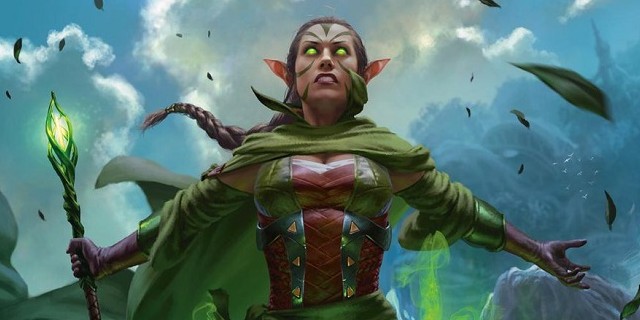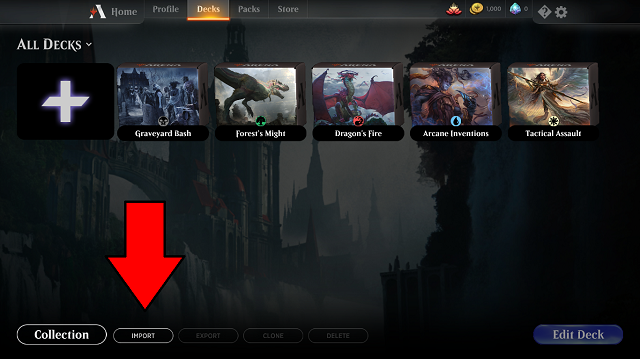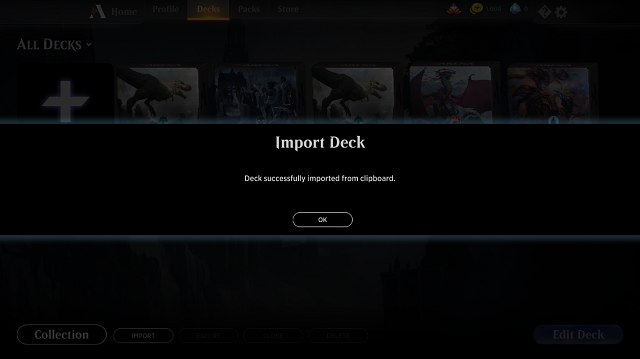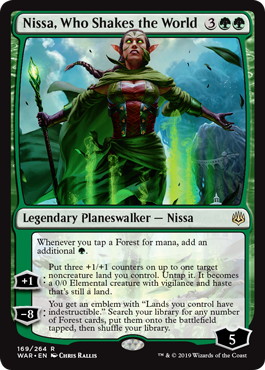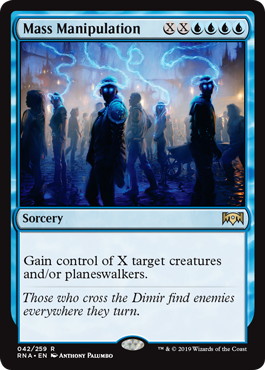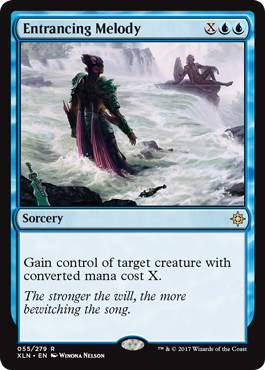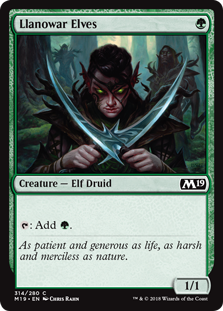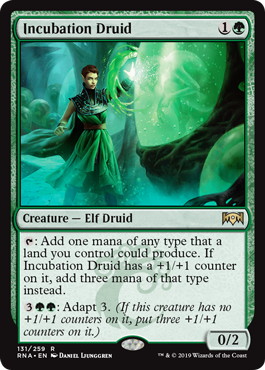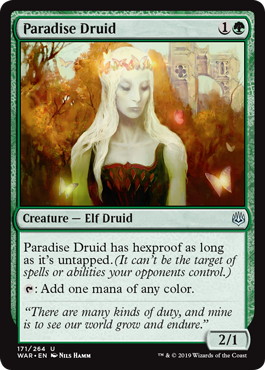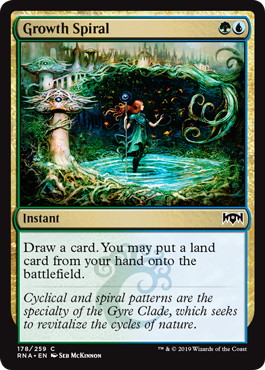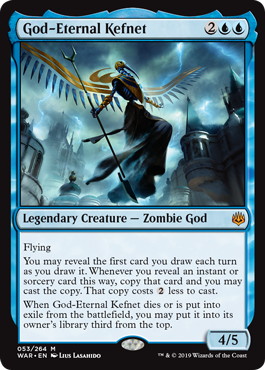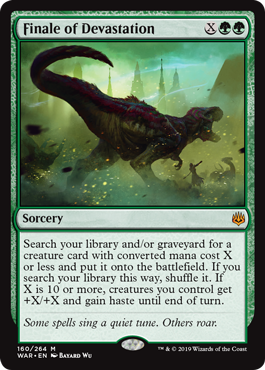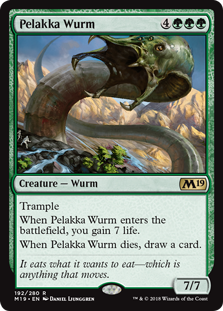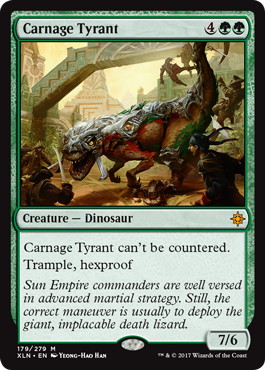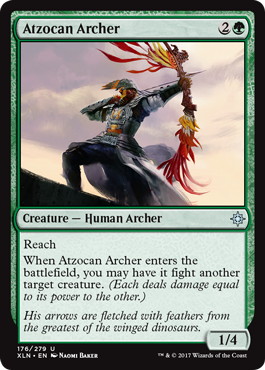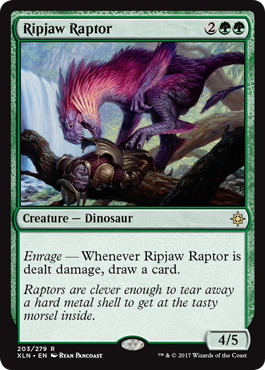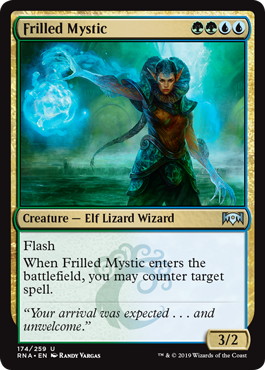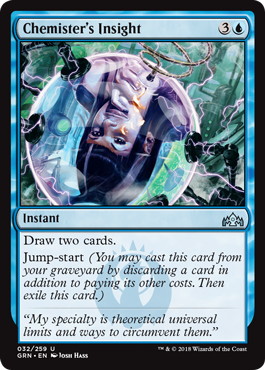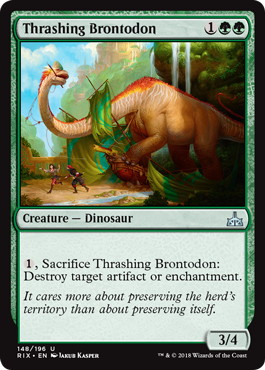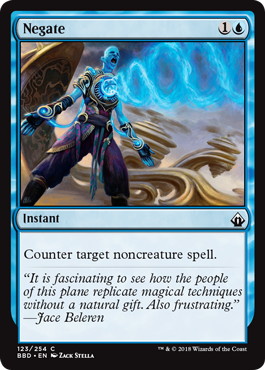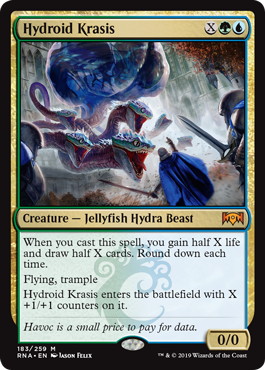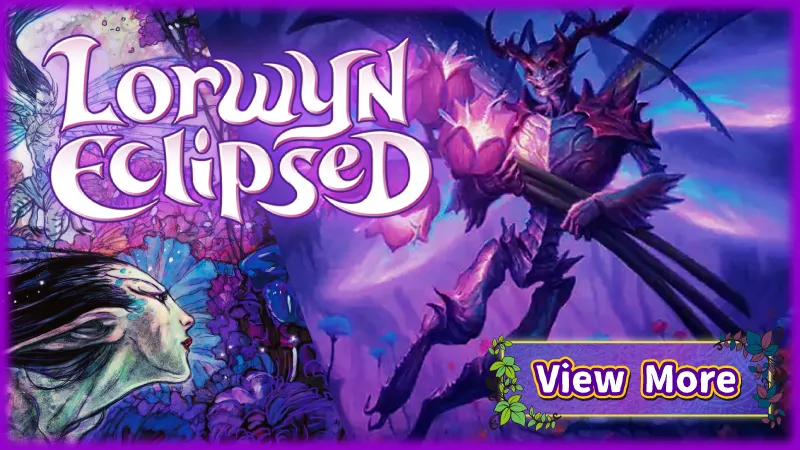Introduction
The Standard Format feels very special right now, the metagame is constantly changing and new competitive decks are popping up every week. Some of these decks might disappear after a few days, some might be the real deal. As I was familiar with all the tier 1 decks, I dove a little bit into the rogue territory and one deck really got my attention. Not only did it look well positioned in the meta and was able to do broken things – I was also winning a lot, which led me to stick with it for a while and finetune the list to fix its weaknesses the best way I could.
Decklist and Basics
- Christian Hauck
- – Simic Thief
- Test Deck
8 《Island》
4 《Breeding Pool》
4 《Hinterland Harbor》
1 《Simic Guildgate》
-Land (26)- 4 《Llanowar Elves》
4 《Hydroid Krasis》
4 《Incubation Druid》
4 《Paradise Druid》
4 《Frilled Mystic》
1 《God-Eternal Kefnet》
-Creature (21)-
1 《Finale of Devastation》
3 《Mass Manipulation》
2 《Chemister’s Insight》
4 《Nissa, Who Shakes the World》
-Spell (13)-
4 《Negate》
3 《Thrashing Brontodon》
1 《Atzocan Archer》
1 《Carnage Tyrant》
1 《Pelakka Wurm》
1 《Entrancing Melody》
-Sideboard (15)-
The first time people realized the deck wasn’t just a meme probably was when Martin Juza played a very similar version like this successfully on stream and even took it to a 2nd place finish in one of the Fandom Legends tournaments on MTG Arena.
General Game Plan
You are basically a ramp/tempo deck which accelerates with the help of mana elves into 《Nissa, Who Shakes the World》 and if this is not enough you have access to go over the top of everything with a huge 《Hydroid Krasis》 or 《Mass Manipulation》.
In addition to that you have some midgame tools to mess with your opponents gameplan or to buy some time in form of 《Frilled Mystic》 and 《Entrancing Melody》.
Key Cards
《Nissa, Who Shakes the World》
The deck is basically built around this new Planeswalker from War of the Spark and utilizes her ability to produce extra green mana from your 《Forest》s better than any other deck. Having access to 12 Mana Elves to play an as early as turn 3 Nissa is often unbeatable. The pressure which comes along with an early Nissa will end the game alone more often than not, the huge amount of mana Nissa produces when she stays on the battlefield snowballs into even more game-ending spells like 《Hydroid Krasis》, 《Mass Manipulation》 or maybe even 《Finale of Devastation》.
Nissa is a powerhouse, she has been completely overlooked in the beginning of War of the Spark Standard and finally people give her the credit she deserves. Being able to threaten small Planeswalkers with hasty lands while also being able to protect herself due to the vigilance she provides to the lands is exactly what you want from a proactive Planeswalker right now and if you even utilize her passive ability it gets kind of absurd.
《Mass Manipulation》 / 《Entrancing Melody》
Simic is known for its inability to handle resolved permanents, but the deck is called Thief for a reason – stealing creatures and/or Planeswalkers is even better than destroying them. It is very unique for this color combination to have clean answers to resolved threats, but the capability to produce a massive amount of mana very fast enable those costly sorcerys.
《Mass Manipulation》 is the reason you can go over the top of everything alone just by gaining control of your opponents board or at least of the most intimidating Planeswalkers and/or creatures. While powerful Planeswalkers seem to be everywhere, counterspells are at an all time low due to 《Teferi, Time Raveler》, clearing the way for 《Mass Manipulation》.
《Entrancing Melody》 is your early/midgame tool when you have not reached big mana yet, stealing creatures for as little as 2 mana for creature tokens (e.g. Knight Token from 《History of Benalia》 or Dragon Token from 《Sarkhan the Masterless》).
《Llanowar Elves》 / 《Incubation Druid》 / 《Paradise Druid》
The mana acceleration in form of elves is crucial to your gameplan, you need to get to your high impact spells fast. Even though you have some comeback potential in your 《Mind Control》 spells, you wont be able to recover without fast mana if you fall behind on the board.
I saw some lists playing 《Growth Spiral》 over 《Paradise Druid》, which makes sense because it cantrips and is able to ramp you as well. After playing with both I found myself too often in a situation where 《Growth Spiral》 was not really ramping as I only had a single land left which I could use as my landdrop next turn anyways or not having extra lands at all. 《Growth Spiral》 will work out just fine most of the time, but ramping up early is so important with this deck that I did not want to take the risk of using the Spiral just as a cantrip. I also really liked the hexproof ability on the druid, it secures your 4 Mana play on turn 3 even when facing early removal. The fixing the druid provides also comes up a lot as you need 4 blue sources for 《Mass Manipulation》 which can be difficult even for a two color deck, keep in mind that you only run 17 blue sources in form of lands because you want as many forests as possible to maximize the value of Nissa’s passive ability.
The potentiality of Adapting 《Incubation Druid》 also comes up more often than in any other 《Incubation Druid》 Shell and it is more important. It is easy to gain value from the additional mana and setting up to Adapt is not that difficult as you often find yourself in a situation on turn 3 or 4 where you just pass the turn holding up 《Frilled Mystic》 and going to Adapt at the end of your opponents turn.
Unusual Card Choices
1 《God-Eternal Kefnet》
Even though this is not the typical shell to use Kefnet’s full potential, the raw 4/5 flying body turned out be very powerful alone in the current meta as it matches the opposing threats perfectly while being difficult to answer. Kefnet mostly comes down on turn 3 and he gives decks like Mono Red or Gruul a hard time as he immediately brickwalls the board while also being able to block flying creatures out of the Izzet Phoenix deck. From time to time you even find yourself casting a cheap copy of 《Chemister’s Insight》 or Manipulation/Melody.
In the beginning I was unsure if the creature was worth it in this deck but Kefnet kept impressing me whenever he showed up. This is your 《Finale of Devastation》 target in game 1 if you have infinite mana and need something to finish the game. Standard is changing fast these days but if the threats and removal suit in the current meta stay the way they are it feels correct to run the Zombie God.
1 《Finale of Devastation》
This was the last card I added to the deck, you could call it my choice of spice in the flex slot. Some people may say I only play it because it has a 《Carnage Tyrant》 in its art and I am in love with the dinosaur or because it was my preview card for War of the Spark. I am not going to lie, both of these facts are tempting but the reality is that the card is super flexible as it can work as an 《Llanowar Elves》 for 3 Mana, a Kefnet or even as a game ending Spell for X=10.
Speaking of game ending spells, the Finale is also able to find 《Pelakka Wurm》 or 《Carnage Tyrant》 in postboard games to finish the game on the spot if you cast it for X=10 because both targets provide you with a huge, hasty threat with trample. A big Finale will give all of your creatures +X/+X but most of the time you will have to use your Elves for mana to cast it, so they will be unable to participate in combat. The 《Atzocan Archer》 in the sideboard is also due to the little toolbox the Finale provides.
4 《Ripjaw Raptor》 (Sideboard)
The Raptor is just fantastic right now, as Kefnet his five toughness body fits the current removal shell and creature size nicely. Other than Kefnet, his passive enrage ability comes up a lot besides obvious combat damage situations:
Even if this deck is well suited to cast its powerful spells in a timely manner, you can find yourself on the backfoot against aggressive decks if you are unable to stand the bleeding fast, especially on the draw. 《Ripjaw Raptor》 perfectly fits the gap here, with all the mana ramp the Dinosaur will enter the battlefield on turn 3 and immediately answers most boardstates. While being hard to handle 《Ripjaw Raptor》 secures the transition from mid to lategame where the deck should be able to take over.
Tips & Tricks
Conclusion
Here is my updated RDW List i played to Mythic today incl. Sideboardguide 🔥💥🔥
— Christian Hauck (@ChrHauck) 2019年5月9日
The Deck is still well positioned and I can recommend it to anyone playing in a tournament this weekend or to grind up the Ladder !@arenadecklists Special Thx @Loldajoe for typing it-
Good Luck 🍀 pic.twitter.com/MKfoYNmDRt
I posted a Mono Red Sideboard Guide on my Twitter account lately and the feedback was overwhelming, this was the moment when I first realized how much everyone loves them. People are crazy about Sideboard Guides, which is understandable as sideboarding can be very challenging. That said I will leave you with some sideboarding advice for Simic Thief but keep in mind that Standard is evolving each week and that you should adapt accordingly (just like 《Incubation Druid》) – this is only a rough guideline how I would approach sideboarding in the most common matchups in the current metagame.
Check out my Twitter: @ChrHauck and Twitch: twitch.tv/chauckster for updates about Simic Thief or if you have any questions – Enjoy shaking the World!
Sideboard Guide
Mono Red

Against Mono Red
Esper Midrange

Against Esper Midrange
4C 《Command the Dreadhorde》

Against 4C 《Command the Dreadhorde》
Jeskai / Esper Super Friends

Against Jeskai / Esper Super Friends
Azorious Aggro

Against Azorious Aggro
Izzet Phoenix

Against Izzet Phoenix
Gruul Midrange

Against Gruul Midrange
Note: also bring some 《Thrashing Brontodon》 if they play Planeswalker light with 《The Immortal Sun》.
Simic / Bant Mirror

Against Simic / Bant Mirror
Thanks,


